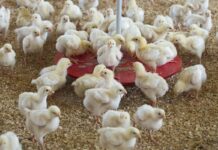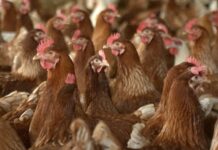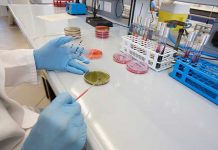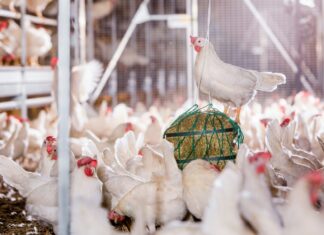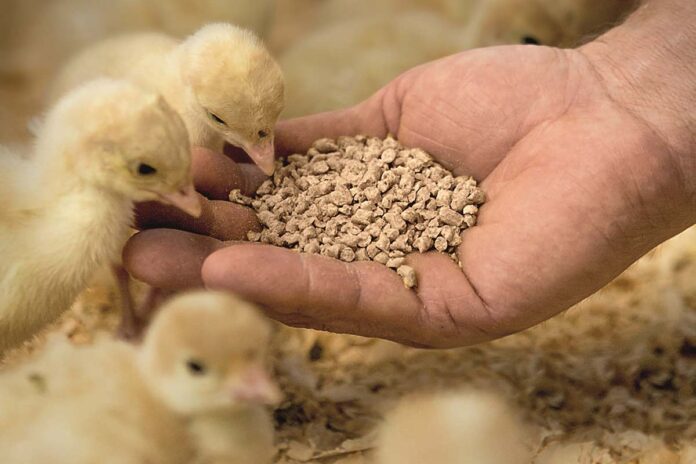
The 14th annual International Feed Regulators Meeting (IFRM) organized by the International Feed Industry Federation (IFIF) in cooperation with the Food and Agriculture Organization of the United Nations (FAO) brought together feed industry representatives and government officials from around the world in a virtual exchange to discuss critical issues facing the feed sector with IFIF and the FAO.
The virtual meeting was officially opened by Badi Besbes, Head Animal Production and Genetic Branch at FAO and Daniel Bercovici, IFIF Chairman, who welcomed IFIF delegates representing over 80% of global compound feed production and reiterated their commitment to this longstanding partnership and agreed to continue to strengthen their work together to tackle the challenges facing the feed and food chain. Mr. Besbes reaffirmed the importance of “collaboration between the public and private sector to support the key role of the livestock sector in reducing hunger and supporting livelihoods worldwide in a context of sustainable agriculture and food systems.”
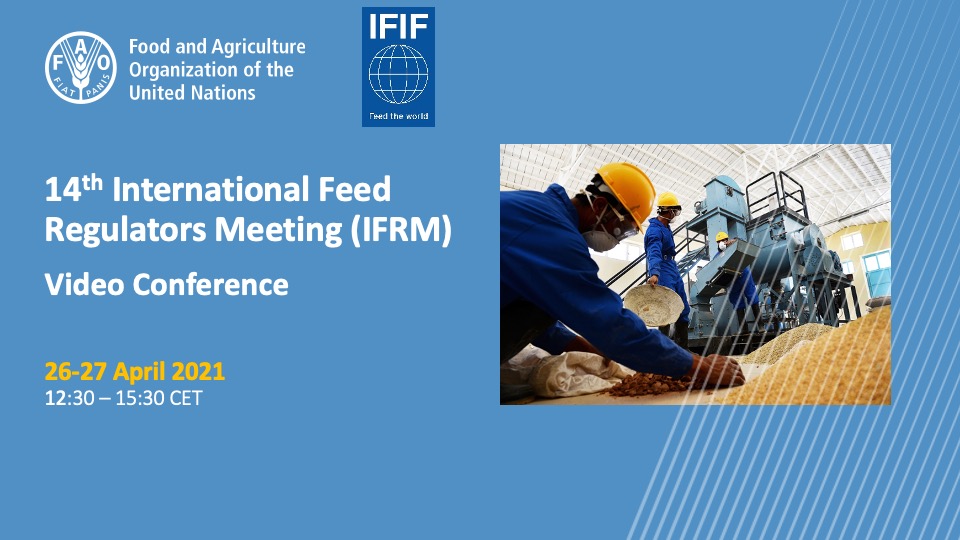
Dr. Bercovici said: “I am delighted we had a record number of participants from across the world and from key regulatory bodies join us at the 14th IFRM, which due to the Pandemic took place very successfully in a virtual setting. This meeting, yet again, proved to be an important opportunity for the global feed industry and feed regulators to discuss key issues for the feed and food chain, including important work on Nutritional Innovation to improve animal health and welfare, an update Codex Alimentarius work with relevance to feed, as well as a session on the new FAO and IFIF Manual “Good Practices for the Feed Sector: Implementing the Codex Alimentarius Code of Practice on Good Animal Feeding.”
Dr. Bercovici added: “This dialogue is an important example of the private sector collaborating with the FAO and regulators from around the world and we believe that only by working together can we continue to ensure feed and food safety, while meeting the global demands for food sustainably.”
“The success of this meeting is a proof that FAO efforts to facilitate dialogue between the public and private sector are worthwhile and given the current COVID-19 pandemic, collaboration at international level is more important than ever to ensure feed and food safety, food security and high-quality nutrition,” said Daniela Battaglia, Animal Production Officer, Animal Production and Health Division of the FAO.
Ms. Battaglia added: “Feed operators can valuably contribute to make the livestock and food sectors more responsible and sustainable and to achieve other important goals such as food security, public health, and animal health and welfare. The IFRM is an important opportunity to exchange ideas among stakeholders from around the world and to coordinate our efforts towards common goals.”
Other topics discussed at the 14th IFRM included updates on the successful work of the International Cooperation for Convergence of Technical Requirements for the Assessment of Feed Ingredients (ICCF), which aims towards convergence of technical requirements specific to feed additive/ingredient authorization across regions, as well as a presentation on the potential of insects as alternative feed sources.


